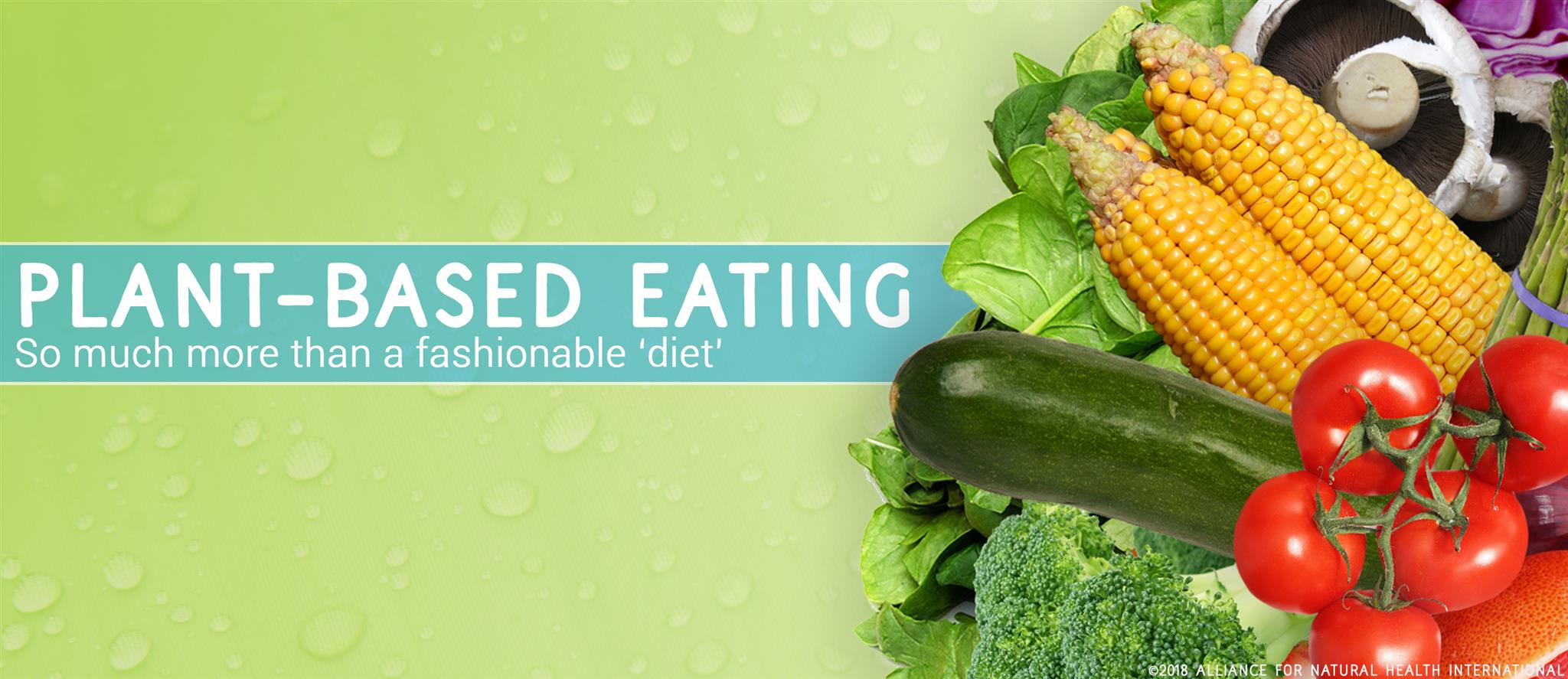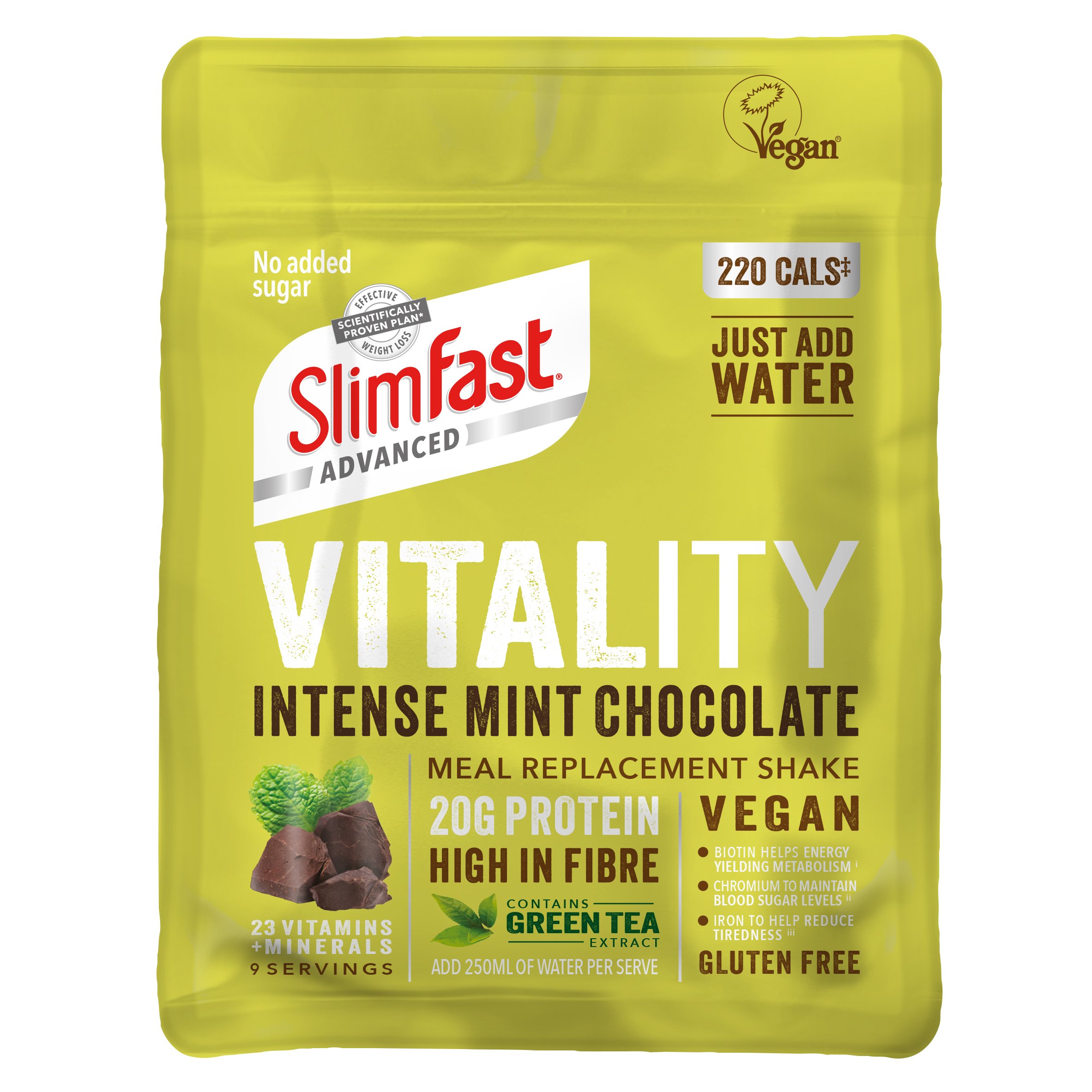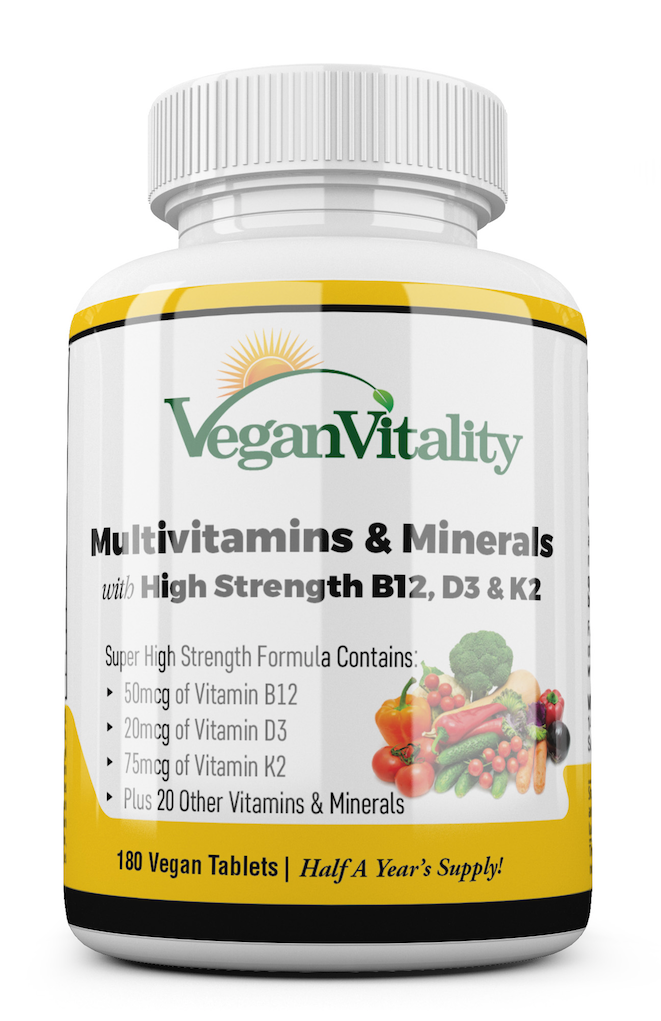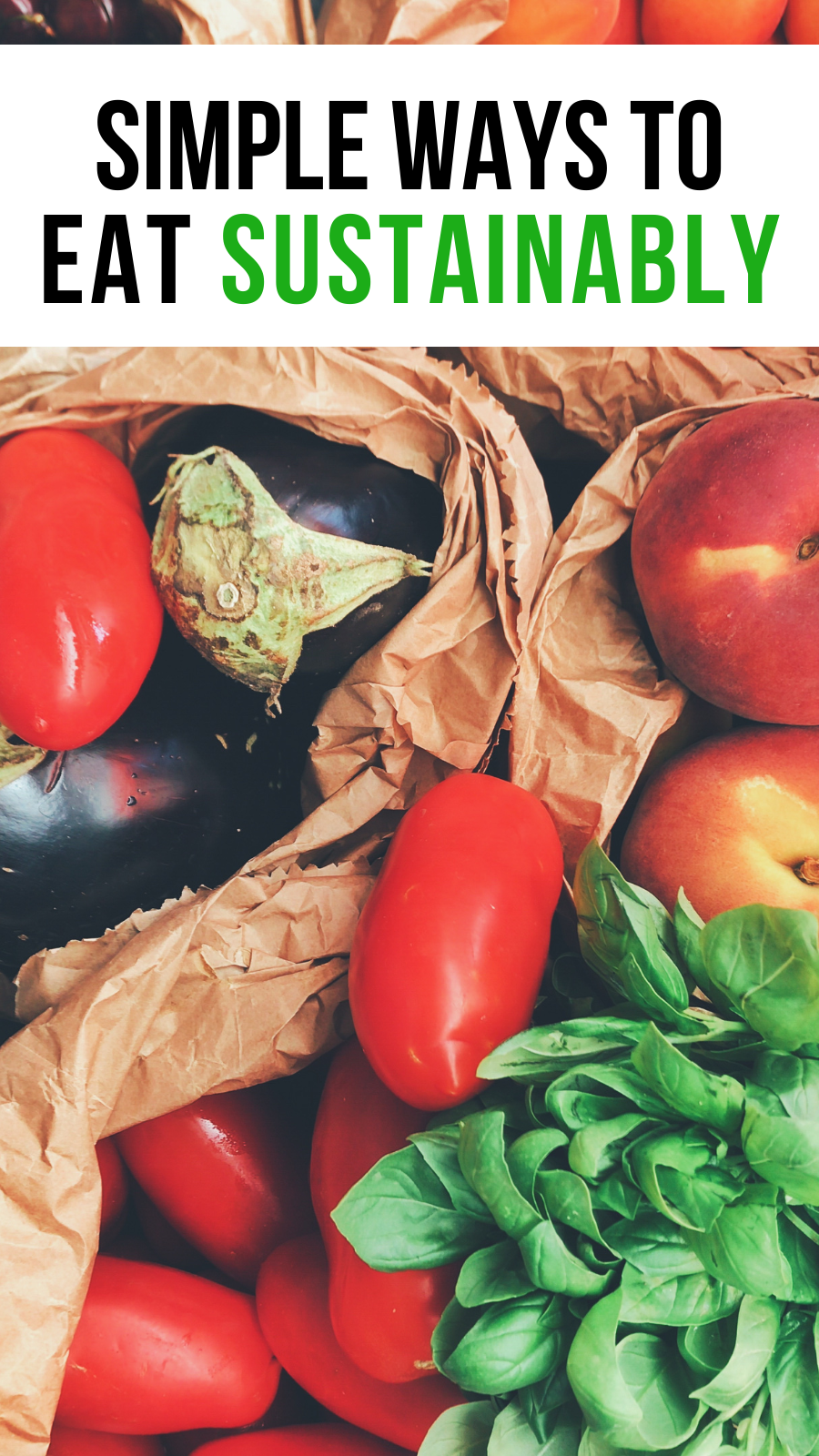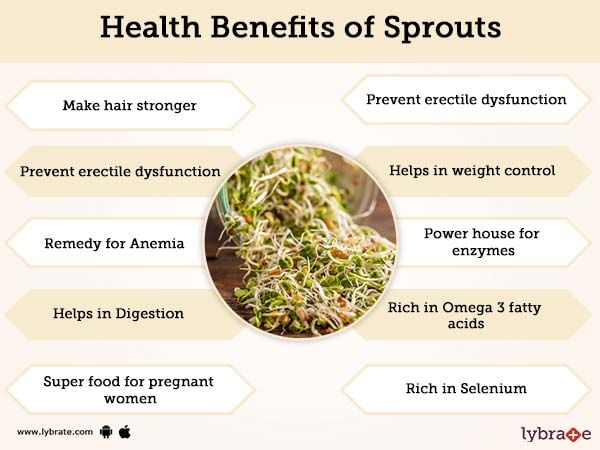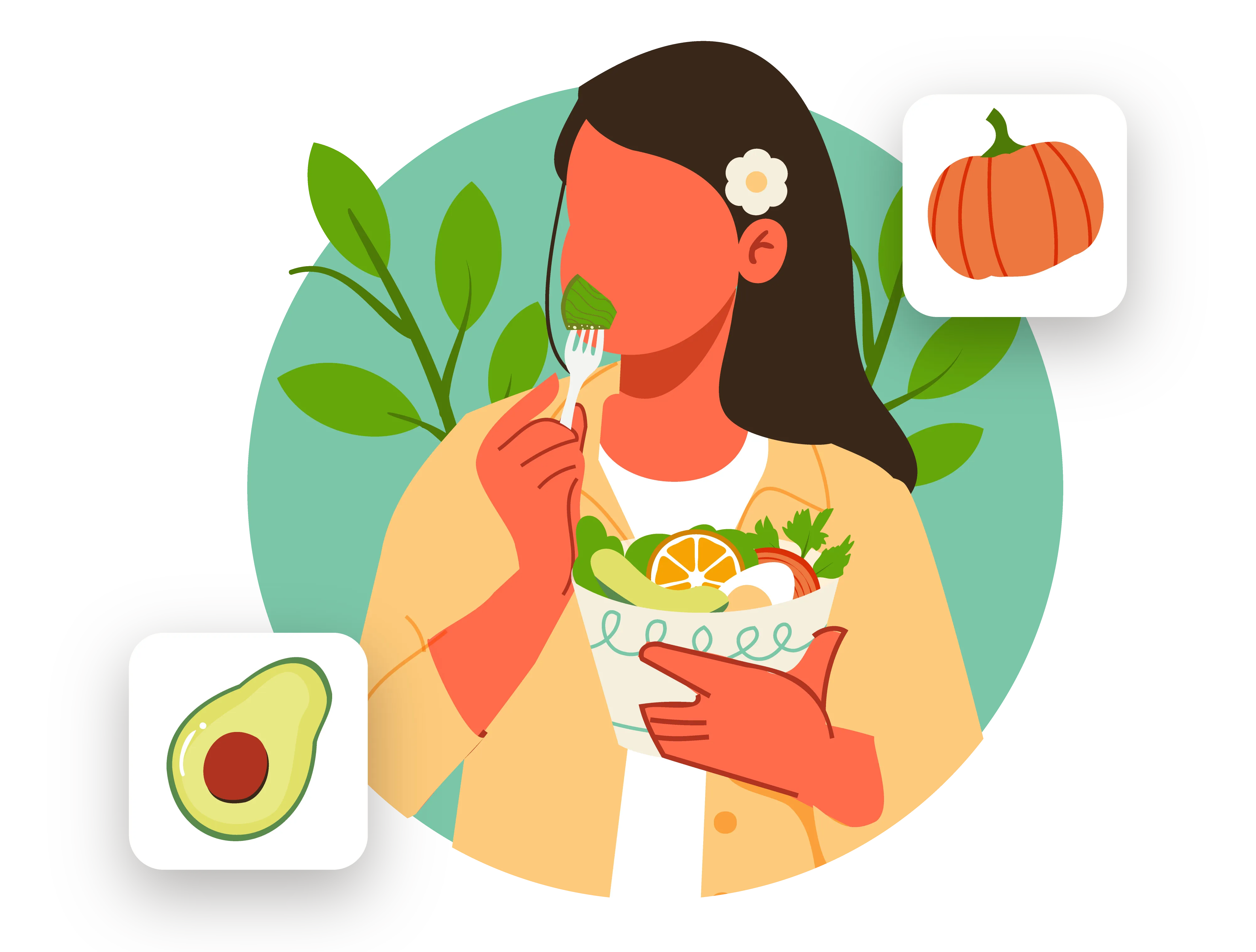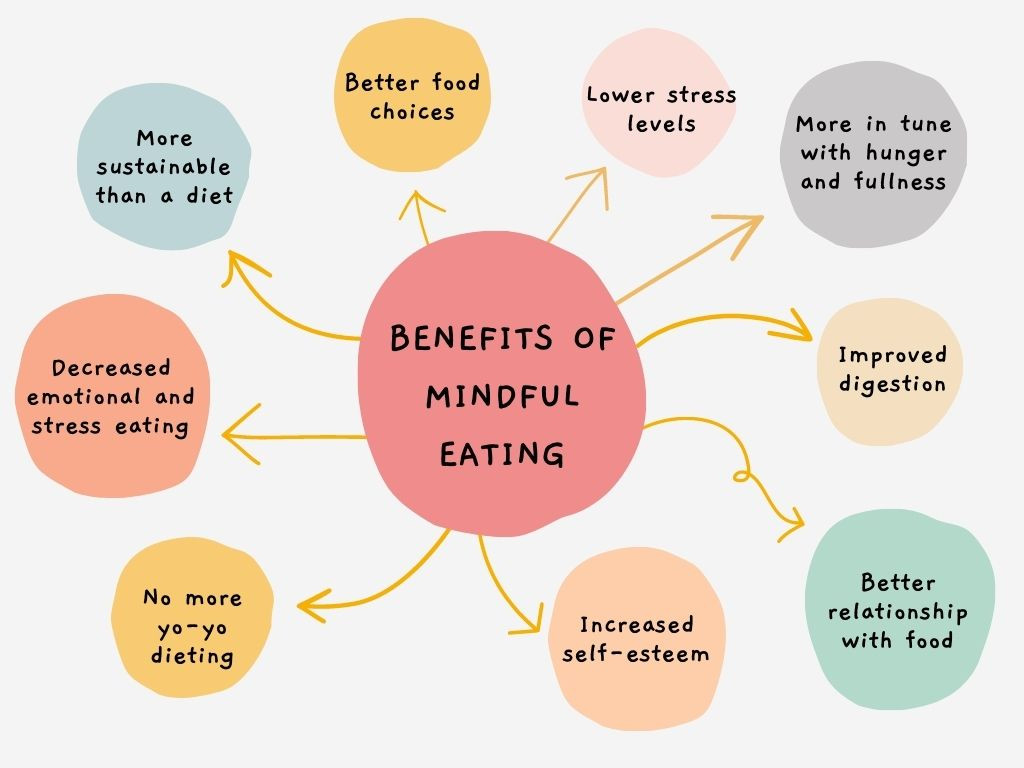The Green Plate: Revolutionizing Your Health With Plant Based Meals

Executive Summary

Embark on a transformative journey to optimal well-being with The Green Plate. This comprehensive guide empowers you with the knowledge and inspiration to embrace a plant-based lifestyle, unlocking a world of vibrant health and vitality.

Introduction
The world of nutrition is undergoing a profound shift, and The Green Plate is at the forefront of this transformative movement. With an abundance of scientific evidence supporting the benefits of a plant-based diet, it’s time to reconsider our approach to health and embrace the power of Mother Nature’s bounty.
Frequently Asked Questions (FAQs)
Q: What is a plant-based diet?
A: A plant-based diet emphasizes whole, unprocessed plant foods such as fruits, vegetables, legumes, whole grains, nuts, and seeds. It excludes or significantly reduces the consumption of animal products.
Q: Are plant-based diets nutritionally adequate?
A: Absolutely! Plant-based diets provide all the essential nutrients required for optimal health. With careful planning, individuals can meet their protein, calcium, iron, and vitamin B12 needs from plant sources.
Q: How do I transition to a plant-based diet?
A: Start small by incorporating more plant foods into your meals. Gradually reduce your intake of animal products and explore new plant-based recipes. Consult with a healthcare professional or registered dietitian for personalized guidance.
Subtopics
1. Health Benefits of Plant-Based Diets
- Reduced risk of chronic diseases: Studies have consistently linked plant-based diets to a lower risk of heart disease, stroke, type 2 diabetes, and certain types of cancer.
- Improved weight management: Plant foods are typically lower in calories and fat than animal products, promoting satiety and aiding in weight loss.
- Enhanced cognitive function: Certain plant compounds, such as flavonoids, have been shown to improve brain health and protect against cognitive decline.
2. Environmental Sustainability
- Reduced greenhouse gas emissions: Animal agriculture contributes significantly to greenhouse gas emissions. Plant-based diets have a much lower carbon footprint.
- Water conservation: Raising animals requires substantial amounts of water. Choosing plant-based foods conserves this precious resource.
- Protected biodiversity: Plant-based agriculture often supports sustainable farming practices that promote biodiversity and protect habitats.
3. Ethical Implications
- Compassion for animals: Animal agriculture often involves the factory farming of animals in inhumane conditions. Plant-based diets align with ethical concerns for animal welfare.
- Social justice: Animal agriculture has been linked to environmental degradation and social inequality in developing countries. Plant-based diets promote a more equitable and just food system.
- Health equity: Access to nutritious plant-based foods is essential for reducing health disparities and promoting well-being for all.
4. Meal Planning and Recipes
- Meal prepping: Plan your meals in advance to save time and ensure you’re consuming a variety of plant foods.
- Exploring new cuisines: Expand your culinary horizons by discovering diverse plant-based cuisines from around the world.
- Simple and flavorful recipes: Discover a wealth of easy-to-follow recipes that showcase the deliciousness and versatility of plant-based ingredients.
5. Supplements and Resources
- Vitamin B12: Plant foods do not contain vitamin B12, so supplementation or fortified foods are necessary for vegans.
- Calcium: Leafy green vegetables, fortified plant milks, and tofu are excellent plant-based sources of calcium.
- Online resources: Utilize credible websites, apps, and social media platforms to find reliable information and support for transitioning to a plant-based lifestyle.
Conclusion
The Green Plate is your ultimate guide to unlocking the transformative power of plant-based living. Embrace this journey with open arms, and witness the profound impact it has on your health, the environment, and the world we share. Remember, every bite you take towards a plant-based future is a step towards a healthier, more sustainable, and compassionate tomorrow.
Keyword Tags
- Plant-Based Diet
- Health Benefits
- Environmental Sustainability
- Ethical Implications
- Meal Planning and Recipes

